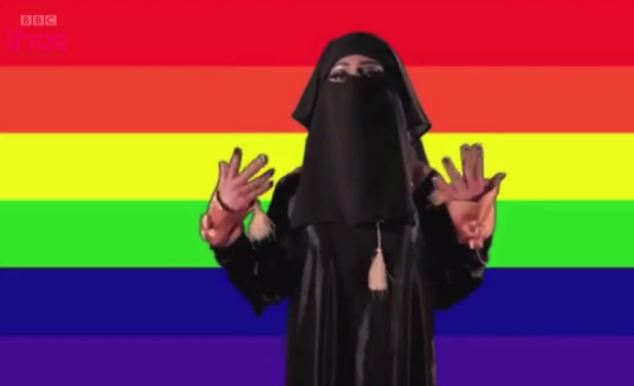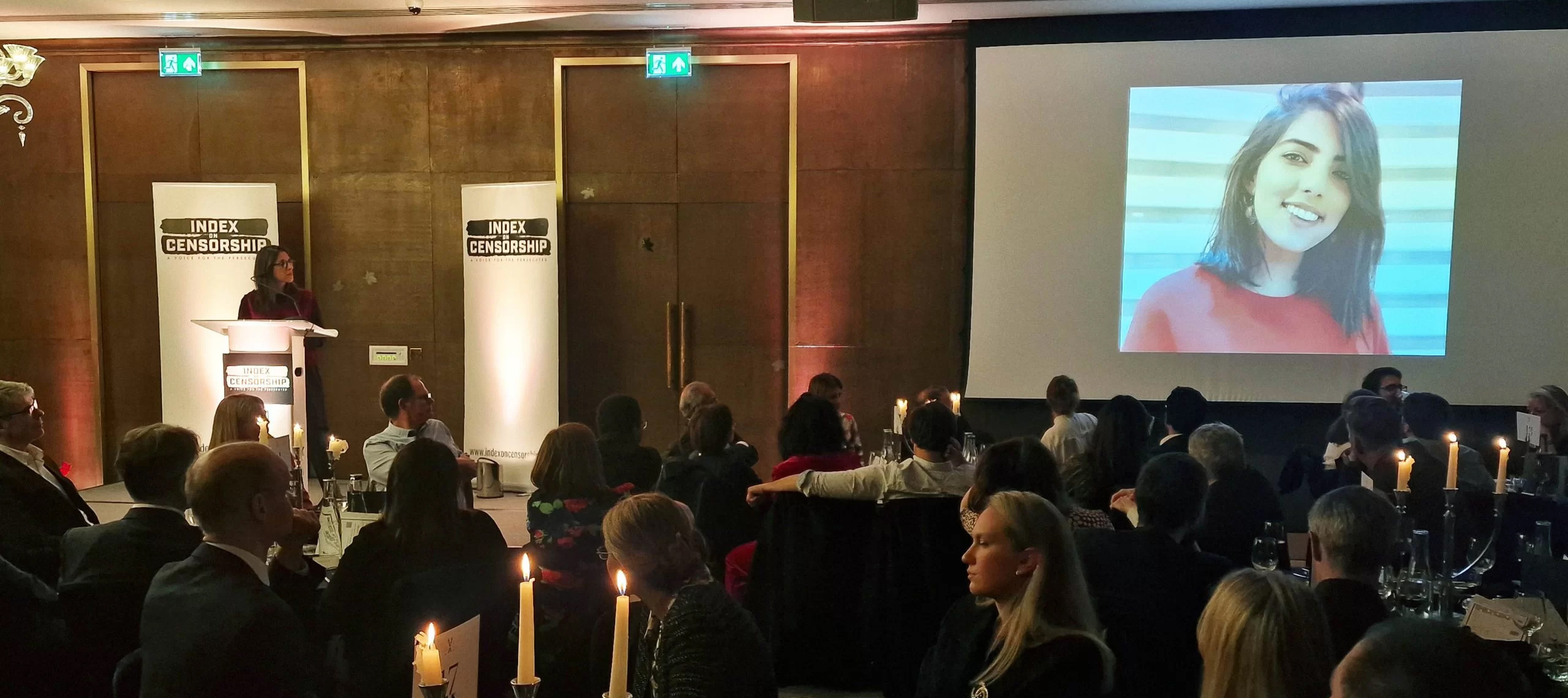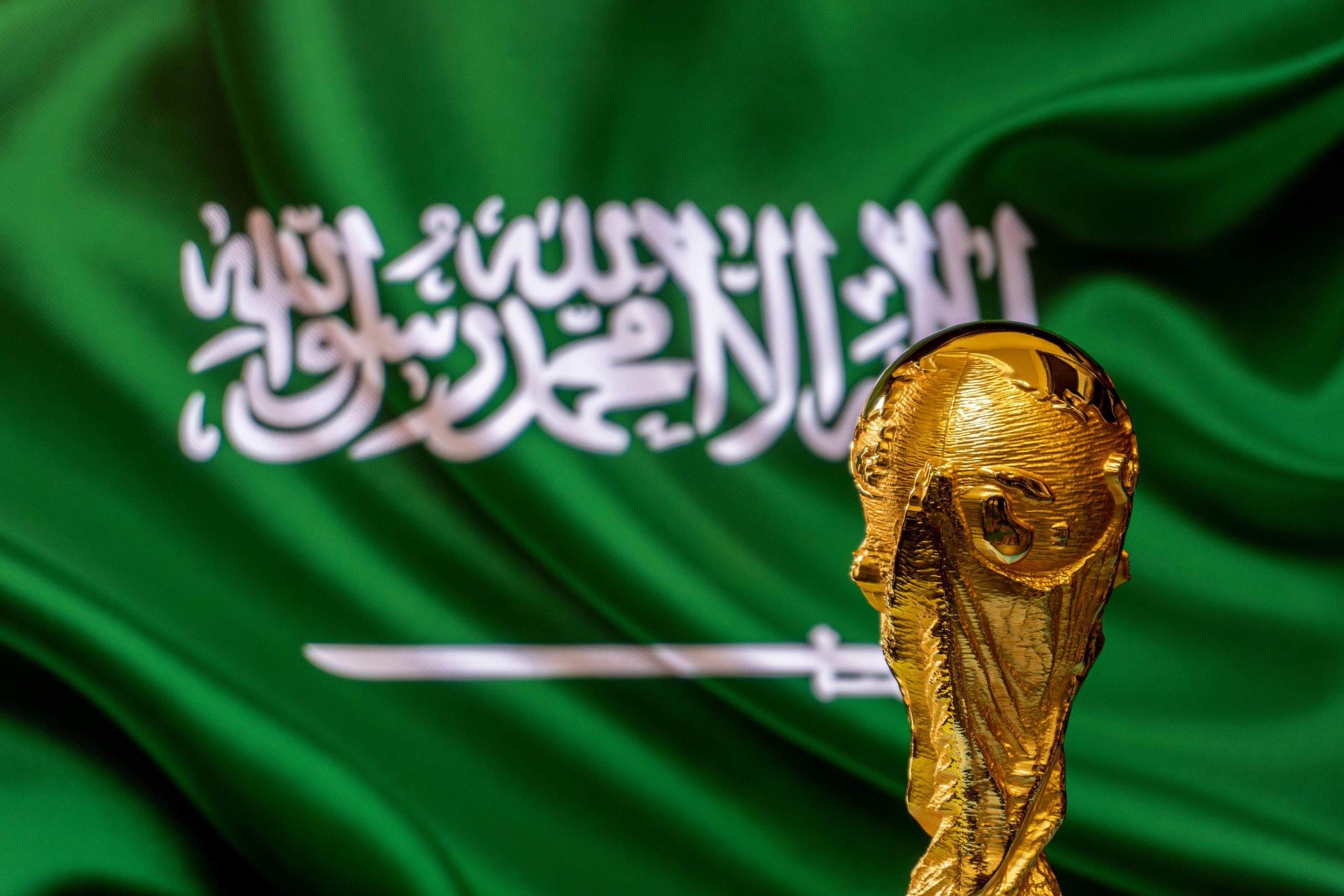
Asif Quraishi, better known as drag queen Asifa Lahore, sits unassumingly in a TV studio. “One question I’d like to ask”, he says, “is when will it be all right to be Muslim and gay?”
The programme is Twitter-powered BBC Three debate series Free Speech, whose host Rick Edwards (of Tool Academy and, unexpectedly, Cambridge) makes Nicky Campbell seem subdued, and where no thought is too complex for 140 characters. Producers, show name notwithstanding, spiked the question from a previous edition when officials at Birmingham Central Mosque, where Free Speech filmed on March 13, “expressed deep concerns” about gay Muslims being discussed. The speed at which showrunners acquiesced, postponing the segment, speaks to a wider trend.
The first guest to comment, kufi-clad Portuguese convert Abdullah al Andalusi, calls condemning gay sex “the Islamic position” with a party leader’s certainty. It’s unsurprising: al Andalusi, who defends public segregation by gender and from whose talks women have been banned, seeks a nondemocratic “modern [Islamic] Caliphate” under sharia government, free among other things of “women wearing bikinis”, “the hijab being optional” and “men and women having identical inheritance and gender roles”. Al Andalusi rails in-studio against notions of “extremism”, declaring them a means of profiling “Muslims with orthodox beliefs”. He sees himself as holding these, and so apparently do programme-makers, since he speaks much more than Asif does.
The counter-extremist whose work he attacks, Lib Dem candidate for Hampstead Maajid Nawaz, is also in the room. (“I will speak out”, he tells the drag performer, “on your right to identify however you want.”) Nawaz too has been hounded by religious would-be censors, despite being a Muslim himself. This January, following the LSE’s attempts to ban it, he tweeted an image from the atheist web strip Jesus and Mo, commenting “This is not offensive and I’m sure God is greater than to feel threatened by it.” A subsequent Change.org petition calling for his sacking gained over 20,000 signatures, some with death threats attached. Though Nick Clegg eventually stepped in to condemn them, spokespeople told the press the party “urged all candidates to be sensitive to cultural and religious feelings”, and Nawaz – presumably after internal bickering – conceded in a joint statement with Mohammed Shafiq, head of the Ramadhan Foundation and leader of the witchhunt, that “images of the spiritual leaders of all religions should be deemed to be respectful”.
In February Shazad Iqbal, a hitherto unknown British Muslim, used a similar petition to demand YouTube remove Katy Perry’s “Dark Horse” video, in which an Ancient Egyptian turns to sand whose pendant, on close inspection, reads “Allah”. “Blasphemy is clearly conveyed in the video”, Iqbal wrote. “Such acts are not condoned nor tolerated.” While the offending necklace, which had to be indicated using photoshopped freeze-frames, was barely visible, tens of thousands of signatures poured in – today, the page boasts more than 65,000 – and Perry’s producers digitally obscured it.
Iqbal, who used his petition site to share evangelistic videos, gained a platform much like Iqbal’s and al Andalusi’s. All three, and countless more religious rightists, have sold themselves as commentators, “community leaders” and de facto spokesmen for Muslims (“men” is applicable here), grabbing the spotlight neither through skilled writing nor through views polls say are actually widespread. They owe their standing to officialdom’s mounting anxiety to please the most censorious believers, its instinct that those eagerest to cleanse the public sphere of blasphemy are those who matter most.
Recycled lines about a scaremongering anti-Muslim press over-reporting extremism come easily, but demagogues of this kind are media’s darlings; far from casting them as bogeymen, it heaps meetings with politicians, TV appearances and public validation on them. Nor is this pattern unique to Islam. In a 2012 speech for the National Secular Society, Pragna Patel of Southall Black Sisters cites the case of Behzti, a play by Gurpreet Kaur Bhatti which portrayed sexual violence in a Sikh temple. “Fundamentalists, but also so-called moderates,” says Patel, “took offence, protested and had the play removed”, theatre staff bowing to their demands. Leaders on the Sikh right, she says, stated once Bhatti entered hiding that if Labour’s Racial and Religious Hatred Act had existed at the time, it would have been used to censor the play.
Authorities sided with those attacking her, as they sided with Shafiq over Nawaz, al Andalusi and Birmingham Central Mosque over Quraishi, Iqbal over every Muslim undisturbed by Katy Perry. Reformists and minorities like them, as much as a free society, are casualties of this love for religious censors. If minor faiths, still mysteries in the public eye, need representatives, far better ones exist: A media that paints puritans and fanatics as mainstream forfeits its right to condemn them.
This article was posted on 14 April 2014 at indexoncensorship.org





